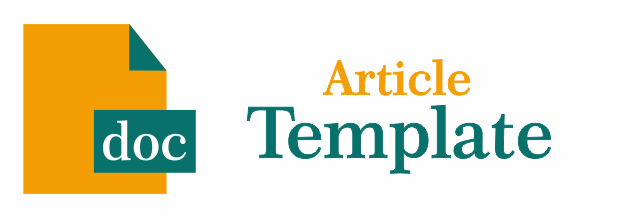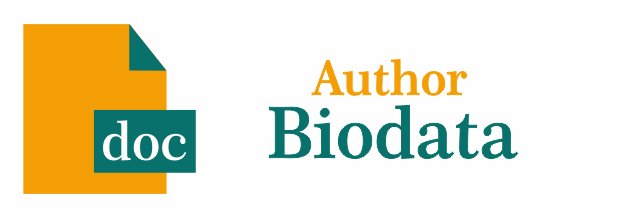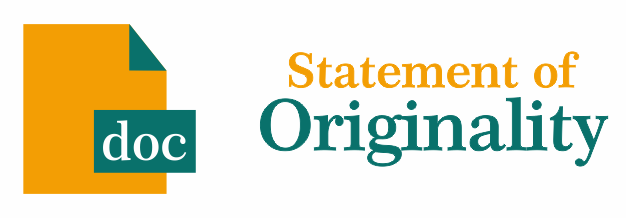Publication Ethics
Jurnal Pengabdian Masyarakat Indonesia Maju (JPMIM), published three times a year online by the Institute for Lembaga Penelitian dan Pengabdian kepada Masyarakat (LPPM) of Universitas Indonesia Maju (UIMA). This statement elucidates the ethical behavior of all parties involved in the publication of articles in JPMIM, including authors, reviewers, and the editorial board. This statement is based on Committee on Publication Ethics (COPE) Guidelines on Good Publication Practice.
Author's Role
1. Reporting Standards:
The author presents an accurate original account of the research conducted based on its objectivity and significance. A paper should contain details and references as cited. An initial statement is unacceptable and is unethical behavior.
2. Data Access and Retention:
Authors are required to provide raw data with respect to the paper for editorial review, and should be prepared to provide public access to such data (consistent with the ALPSP-STM Statement on Data and Databases), where possible, and should, in any event, be prepared to retain such data for a reasonable time after publication.
3. Originality and Plagiarism:
Authors may be asked to provide research data supporting their paper for editorial review and/or to meet the journal's open data requirements. Authors can refer to their journal's Guide to Authors for more details.
4. Multiple, Redundant, or Concurrent Publications:
Authors should not publish the same research manuscript in more than one journal. Submitting the same manuscript to more than one journal simultaneously is unethical and unacceptable behavior. In general, authors should not submit articles elsewhere during the review process.
5. Confidentiality:
Information obtained during confidential service, such as reference manuscripts or grant applications, may not be used without the explicit written permission of the author of the work involved in this service.
6. Article Writing:
Everyone who has significant contributions must register as a co-author. Authors are expected to carefully consider the list and order of authors before submitting the manuscript. The author takes collective responsibility for the work. Each author is responsible for ensuring that questions related to the accuracy or integrity of any part of the work are appropriately investigated and resolved.
7. Fundamental errors in published works:
When an author finds significant errors or inaccuracies in their published work, it is the author's obligation to immediately notify the journal editor or publisher and cooperate with the editor to retract or correct the article if deemed necessary by the editor. If the editor or publisher learns from a third party that a published work contains errors, then the author is obliged to cooperate with the editor, including providing evidence to the editor if requested.
Editor Role
1. Fair treatment
Editors should evaluate manuscripts for their intellectual content regardless of the author's race, gender, sexual orientation, religious beliefs, ethnic origin, nationality, or political philosophy. Journal editorial policies should encourage transparency and complete and honest reporting, and editors should ensure that peer reviewers and authors have a clear understanding of what is expected of them. Editors must use the journal's standard electronic submission system for all journal communications.
2. Confidentiality:
The editor must protect the confidentiality of all material submitted to the journal and all communications with reviewers unless otherwise agreed with the relevant authors and reviewers. Unpublished material disclosed in the submitted manuscript should not be used in the editor's own research without the written consent of the author. Privileged information or ideas obtained through peer review should be kept confidential and not used for personal gain.
3. Notices and Conflicts of Interest:
Unpublished material disclosed in the submitted manuscript should not be used in the editor's own research without the written consent of the author.
4. Publication Decision:
The journal's board of editors is responsible for deciding which articles submitted to the journal should be published. Validation of the work in question and its importance to researchers and readers should always drive such decisions. The editors may be guided by the policies of the journal's editorial board and limited by the legal requirements that will apply regarding defamation, copyright infringement and plagiarism. Editors may confer with other editors or reviewers in making this decision.
5. Manuscript Reviewer:
Editors should ensure that each manuscript is initially evaluated by editors for its originality. Editors should organize and use fair and unbiased assessment. Editors should explain their assessment process to authors and also indicate which parts of the journal the assessment covers. Editors should use appropriate review for articles considered for publication by selecting individuals with sufficient expertise and avoiding those with conflicts of interest.
Role of Reviewers
1. Contribution to Editorial Decision:
Every manuscript accepted for review should be treated as a confidential document. Reviewers should not share reviews or information about the article with anyone or contact the authors directly without permission from the editor. Some editors encourage discussion with colleagues or joint review exercises, but reviewers should first discuss this with the editor to ensure confidentiality and ensure participants receive appropriate credit.
2. Vigilance for Ethical Issues:
Reviewers should be vigilant for potential ethical issues in the paper and should bring these to the editor's attention, including substantial similarity or overlap between the paper under consideration and any other published paper of which the reviewer has personal knowledge. Any statement that an observation, derivation, or argument has been reported previously should be accompanied by relevant citation.
3. Objectivity Standards:
Reviews should be conducted objectively. Personal criticism of the author is inappropriate. Reviewers should express their views clearly with supporting arguments.
4. Confidentiality:
Every manuscript accepted for review should be treated as a confidential document. They should not be shown or discussed with anyone unless allowed by the editor.
5. Notification and Conflict of Interest:
Information or ideas obtained through peer review should be kept confidential and not used for personal gain. Reviewers should not consider manuscripts in which they have a conflict of interest resulting from competition, collaborative, or other relationships or connections with any of the authors, companies, or institutions associated with the article.



















